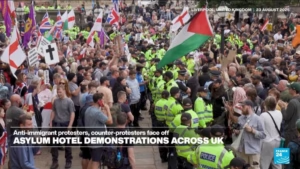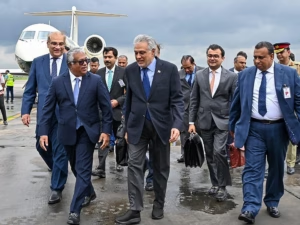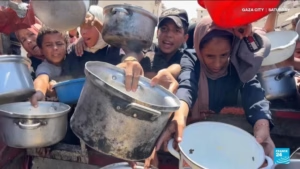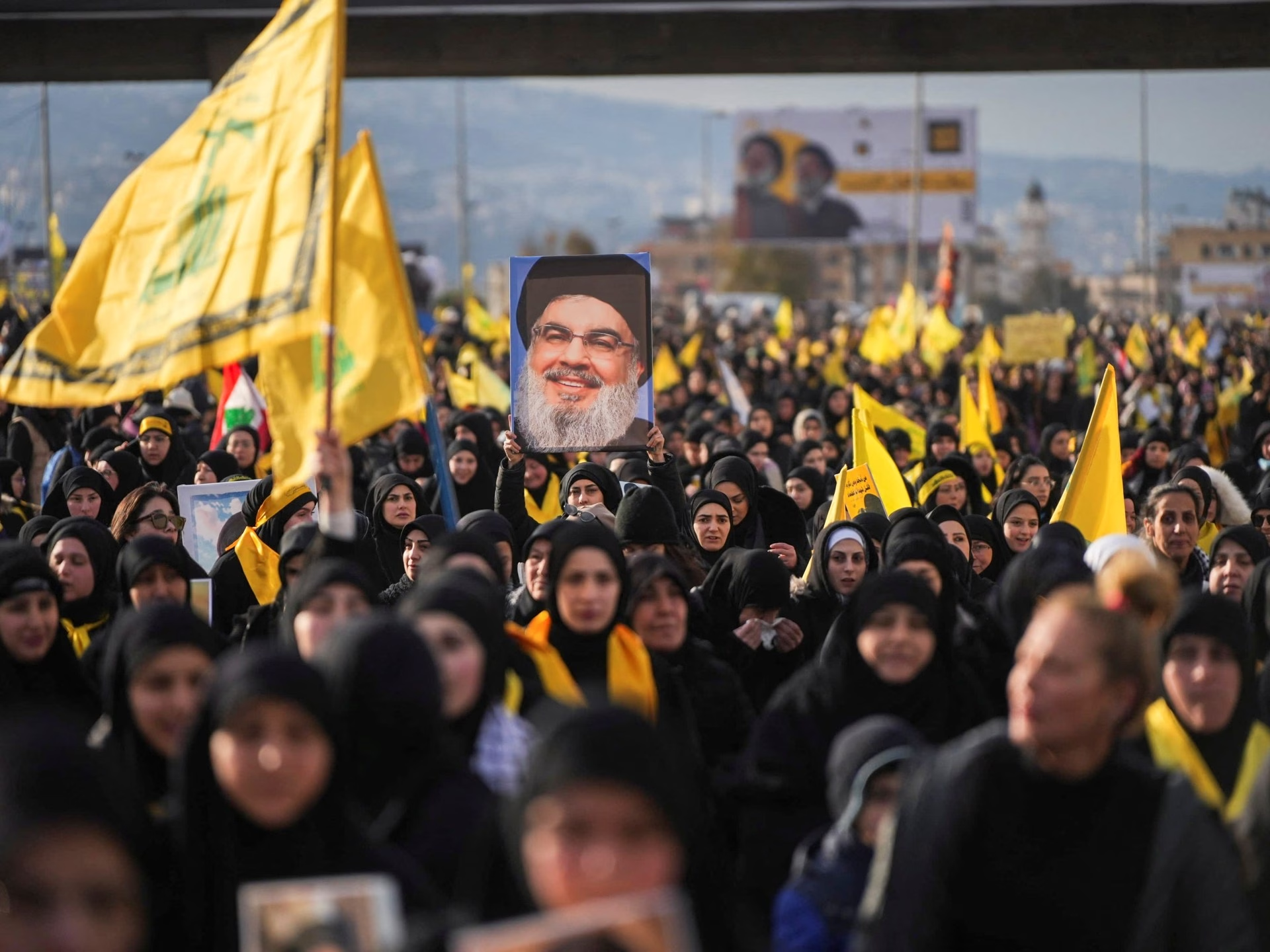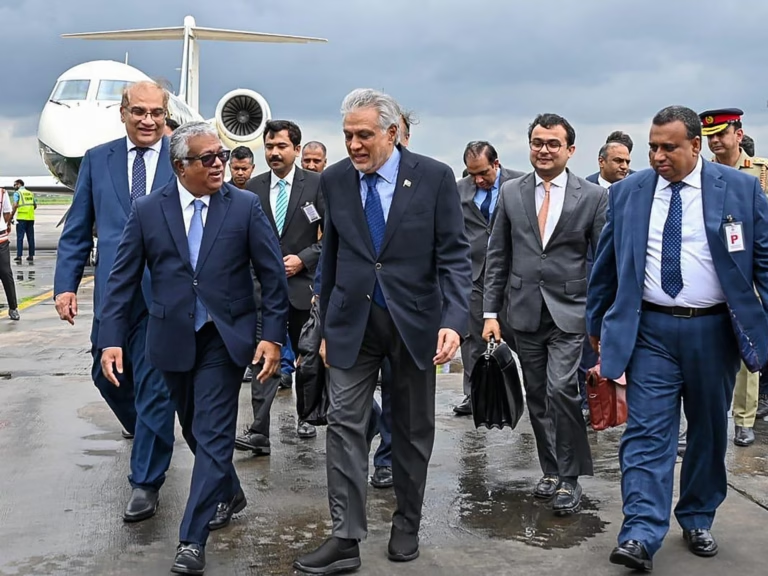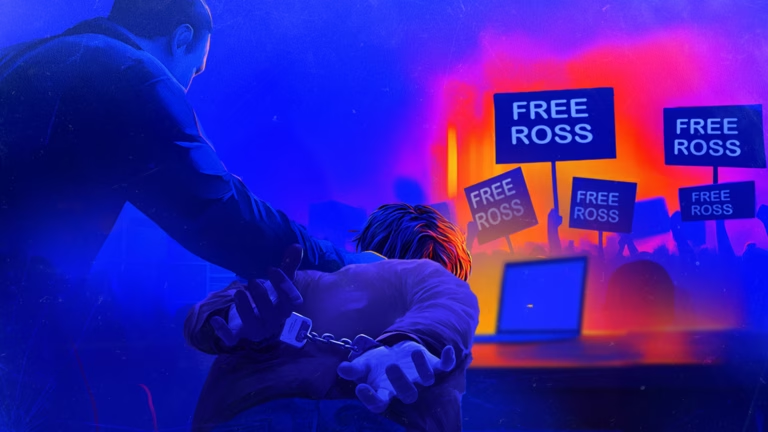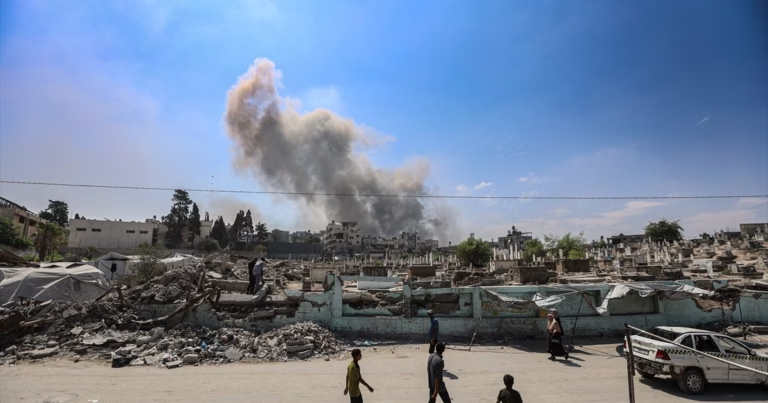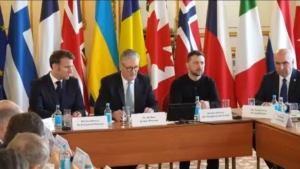The February 23 funeral served as an opportunity for Hezbollah to demonstrate their strength, yet analysts argued that their show of force fails to offset the effects of Israel’s ongoing conflict with Hezbollah, which has seen considerable destruction of the group’s leadership and military capabilities.
Upon the announcement of a ceasefire on November 27, Hezbollah found itself in a vulnerable state, battered and exhausted. The ceasefire terms stipulated that Hezbollah would retreat from Lebanon’s border with Israel, while Israeli forces would withdraw from southern Lebanon, and a strengthened Lebanese military would take control of the area.
Hezbollah has now reached a critical junction, with the loss of a vital ally in the Syrian regime and a reevaluation of its strategies necessary. The organisation, once the most influential political force in Lebanon with one of the most substantial arsenals among non-state actors, is now experiencing its weakest period in decades. Formed in the 1980s to resist an Israeli invasion, Hezbollah has provided essential services to its predominantly Shia Muslim supporters, who have historically been underserved by the Lebanese state.
Following Hamas’s attacks on southern Israel and Israel’s response in October 2023, Hezbollah intervened, engaging Israel to pressure a ceasefire. This engagement led to Israeli reprisals, including the explosion of Hezbollah communication devices and widespread air strikes, resulting in significant civilian casualties. Hezbollah’s infrastructure and military capabilities were severely impacted, including the deaths of Nasrallah and other key figures.
Despite these challenges, Hezbollah have tried to adapt. Their financial constraints and loss of open Iranian support have limited their ability to resist changes. However, Hezbollah has sought to consolidate support within the Shia community and continue its political influence while dealing with financial difficulties and ongoing Israeli violations.
Critics have slammed the Lebanese government for not doing enough to liberate occupied territories and protect the people of the south, following the ceasefire. Meanwhile, Hezbollah has started assessing damages for reconstruction, although the scale of the destruction has surpassed their reduced capacity to assist.
Hezbollah’s challenges have prompted it to support a new political era and give the government a chance to rebuild and protect the borders. Despite concerns, the group remains closely tied to its grassroots supporters and could potentially become more aggressive in asserting its viewpoint.
